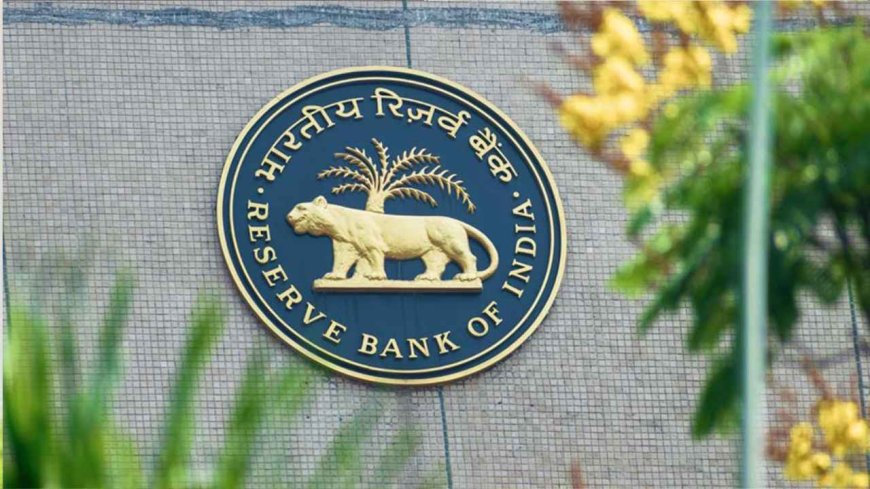RBI aims to double foreign individual investment limits to stop FPI outflows
To increase capital inflows, the Indian central bank suggests doubling foreign investors' listed company investment caps to 10%. This move includes all foreign investors and lifts the holding cap to 24%, as negotiations with the government and SEBI continue,.

The Reserve Bank of India is planning to double to 10% the limit on how much individual foreign investors can invest in listed companies. According to two senior government officials and papers seen by Reuter its part of an effort to bring in more capital. Foreign portfolio investors (FPIs) have pulled more than $28 billion out of Indian stocks since September, when the benchmark NSE Nifty 50 hit a new high. They are worried about rising U.S. tariffs, low earnings, and high prices.
Officials say that India is raising the investment boundaries and giving more benefits to all foreign investors in order to attract more foreign investment. Previously, these benefits were only available to Indians living outside of India. In a letter sent to the government last week, the central bank said, "It is felt that these proposals may be implemented as early as possible," They used problems with capital flows as an example of recent changes in the external sector.
Emails sent to the finance ministry, the central bank, and the Securities and Exchange Board of India (SEBI), which oversees the stock market, did not get an answer. The document showed that the plans call for letting all foreign individuals invest up to 10% in a publicly traded business. That's more than the 5% stake in an Indian company that Indian people living outside of India are allowed to own under special rules in the Foreign Exchange Management Act (FEMA).
"Current foreign exchange management rules only mention non-resident Indians (NRIs) and overseas citizens of India (OCIs) under Schedule III," the second government official said.
"We are broadening this to include all individual foreign investors." Officials also said that the Reserve Bank of India (RBI), which is India's central bank, will raise the maximum amount of shares that any individual investor from outside of India can own in an Indian company from 10% to 24%. They said that the plan to raise the limits on foreign investors in Indian public companies is almost finished being talked over by the government, the RBI, and SEBI.
Monitoring Challenges
The government and RBI are in favour of the move, but the market regulator has pointed out that it will be hard to make sure that limits on foreign investment are followed.
It has warned that a single foreign investor with a 10% stake and their friends and family could have more than 34%, which would mean that takeover rules would be activated. In a letter sent last month, SEBI warned the RBI that takeovers like these might not be found if different systems are not properly monitored.
Indian law says that anyone who buys more than 25% of a company has to make an open offer for regular investors' shares. These worries are now being thought about by the government and regulators before the changes are finalised.
"We are working to rationalise the rules to prevent the possibility of such arbitrage across regulations by the foreign investors," the second staff member said.







